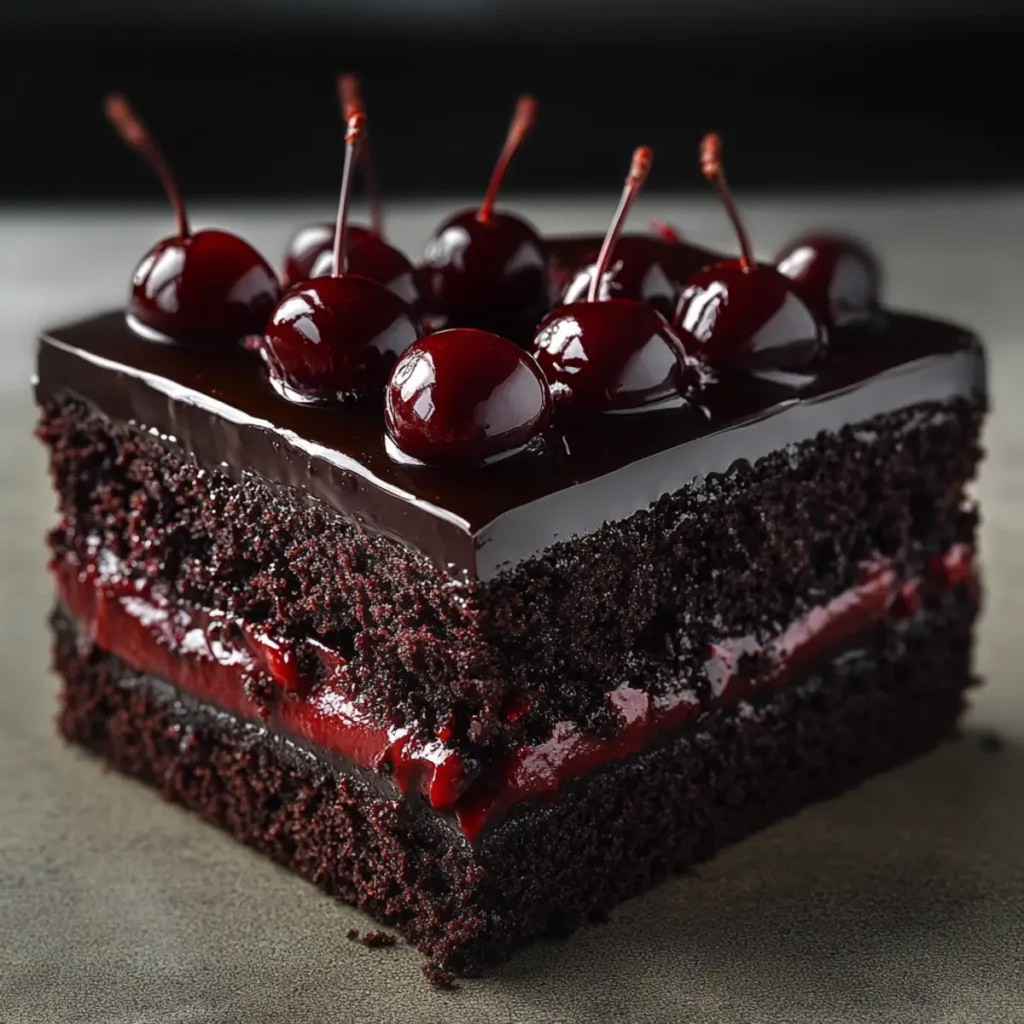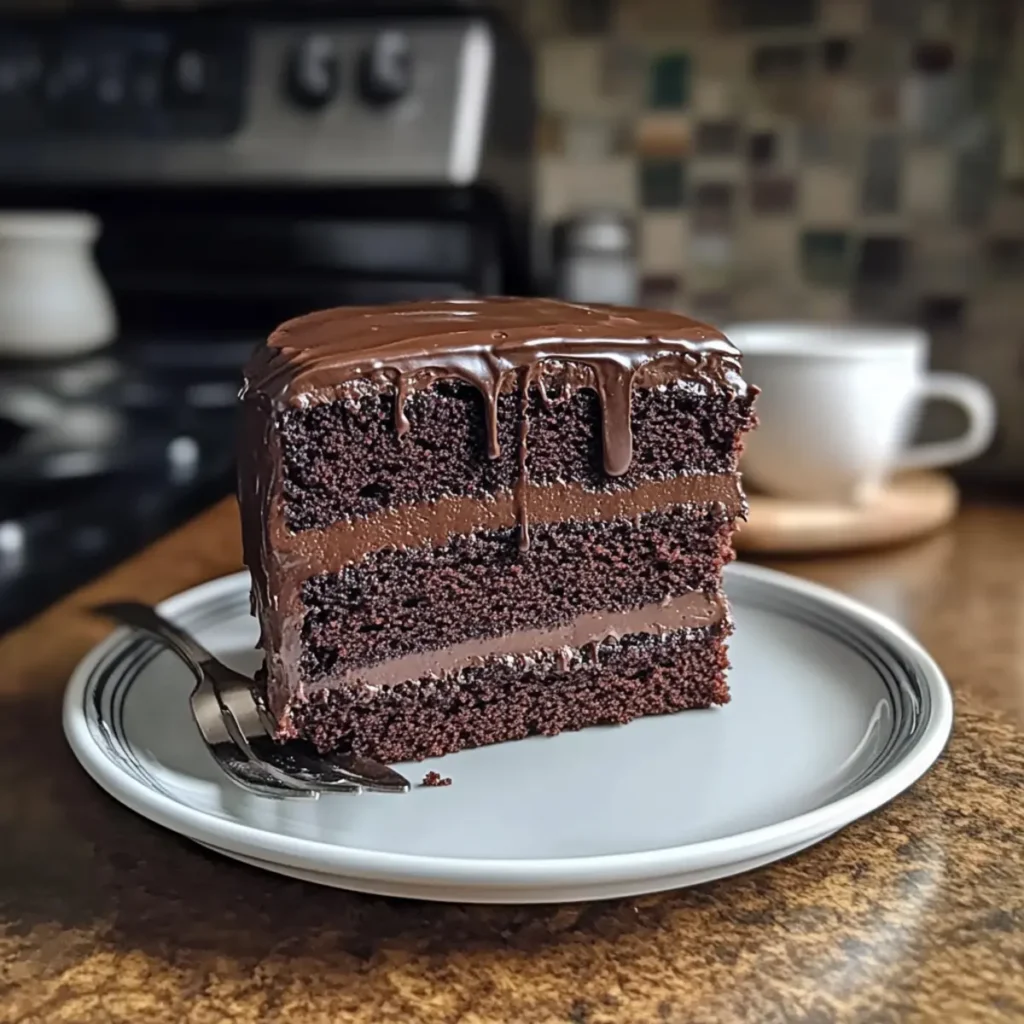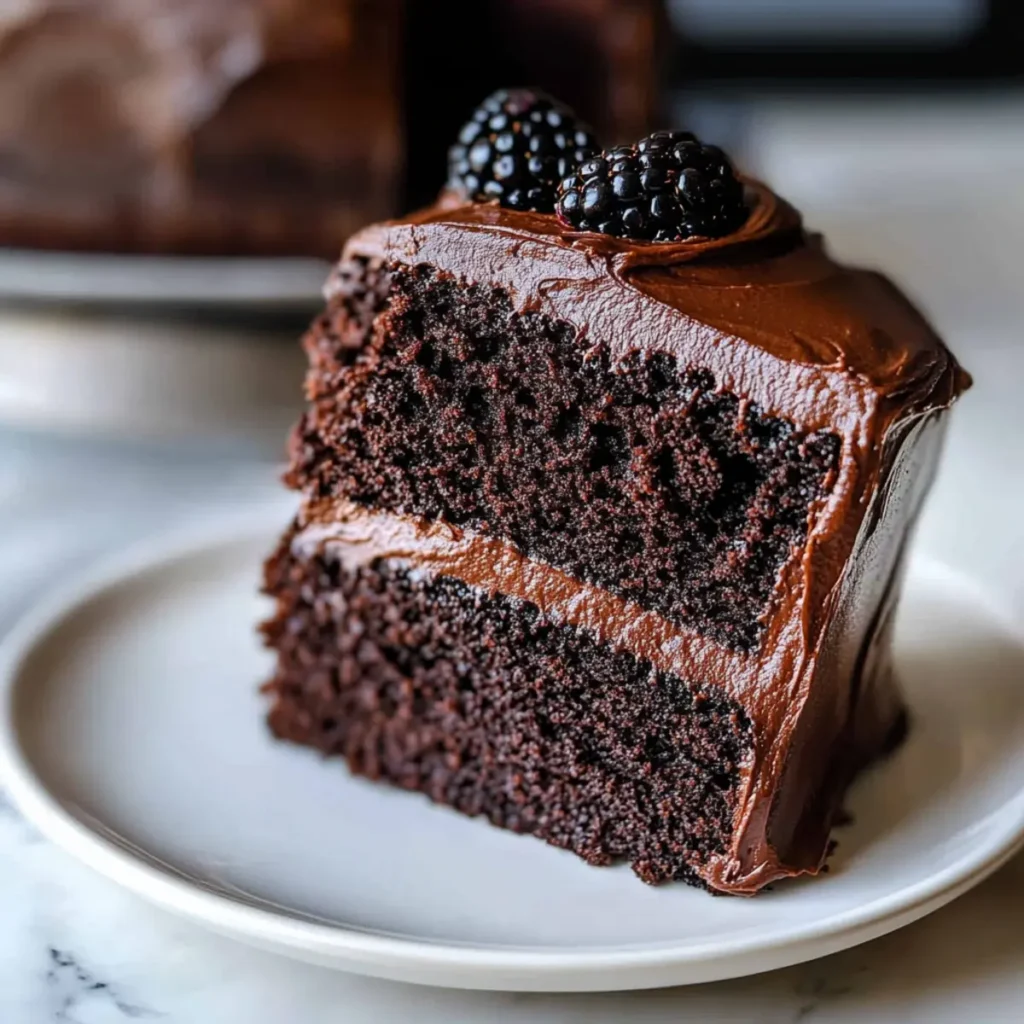Rose simple syrup, a sweet, floral concoction, has been a staple in culinary and beverage recipes for centuries. Its delicate rose flavor and aroma add a touch of elegance to a variety of dishes and drinks. This article delves into the world of rose simple syrup, guiding you through its preparation, uses, and the joy of infusing your creations with its unique essence.
The Essence of Rose Simple Syrup
Rose simple syrup is more than just a sweetener; it’s a bridge between the culinary arts and the natural beauty of roses. The key to its enchanting flavor lies in the quality of its ingredients – primarily rose water or petals, sugar, and water. The process of making this syrup is a simple yet delicate art, infusing the essence of roses into a versatile culinary ingredient.
For those interested in the nuances of this syrup preparation, The Spruce Eats offers expert tips and insights.
Ingredients and Preparation
Creating rose simple syrup is a delightful and straightforward process. Here’s what you need and how to go about it:
Ingredients:
- Rose Water or Petals: The essence of the syrup. Use about 1/2 cup of edible rose petals or an equivalent amount of rose water. Ensure they are organic and free from pesticides.
- Sugar: 1 cup. You can use granulated sugar, demerara, or even cane sugar, depending on your preference for sweetness and flavor.
- Water: 1 cup. The quality of water can affect the final taste, so use filtered or spring water for the best results.
Preparation:
- Combine Water and Sugar:
- In a medium saucepan, combine the water and sugar.
- Place the saucepan over medium heat and stir until the sugar completely dissolves.
- Add Rose Element:
- If using rose petals, gently rinse them to remove any impurities.
- Add the rose petals or rose water to the saucepan.
- Simmer and Infuse:
- Reduce the heat to low and let the mixture simmer gently. If using petals, this should be for about 15-20 minutes to allow the rose flavor to infuse into the syrup.
- If using rose water, a shorter simmering time of about 5 minutes is sufficient.
- Cool and Strain:
- Remove the saucepan from the heat and allow the syrup to cool.
- If you used rose petals, strain the syrup through a fine mesh to remove the petals.
- Store:
- Transfer the cooled syrup into a clean glass bottle or jar.
- Seal and store in the refrigerator. The syrup should be good for up to a month.
Tips:
- For a stronger rose flavor, let the petals infuse for a longer period before straining.
- You can adjust the sugar to water ratio depending on how thick or sweet you want your syrup. A 1:1 ratio is standard, but you can make it thicker with more sugar.
- Experiment with different types of roses for varying flavors and aromas. Each variety brings its unique character to the syrup.
This simple yet elegant syrup can add a luxurious floral note to beverages, desserts, and even some savory dishes. Whether you’re a seasoned chef or a home cooking enthusiast, rose simple syrup is an exquisite addition to your culinary toolkit.
For a deeper dive into the recipe and variations, VinePair provides an excellent resource on making rose simple syrup, including tips for using different types of roses and sugars.
Culinary Applications of Rose Simple Syrup
Rose simple syrup, with its unique floral essence and sweetness, offers a versatile and elegant touch to various culinary creations. Here are some of the delightful ways you can incorporate this syrup into your cooking and beverage making:
In Cocktails and Beverages:
- Classic Cocktails: Add a twist to traditional cocktails like martinis or mojitos by replacing regular simple syrup with rose simple syrup.
- Non-Alcoholic Drinks: Enhance lemonades, iced teas, or mocktails with a splash of rose syrup for a subtle floral note.
- Coffee and Tea: A teaspoon of rose syrup in your morning latte or afternoon tea can transform these everyday beverages into something special.
Desserts and Baking:
- Cakes and Frostings: Infuse cakes, cupcakes, and frostings with rose syrup for a delicate rose flavor and aroma.
- Fruit Salads: Drizzle the syrup over a fresh fruit salad for an elegant dessert or brunch side dish.
- Sorbet and Ice Cream: Use the syrup in homemade sorbets or as a topping for ice cream to add a floral sweetness.
Savory Dishes:
- Glazes for Meats: Experiment by adding the syrup to glazes for chicken or duck, balancing the sweetness with a bit of acidity.
- Salad Dressings: Create unique vinaigrettes by mixing the syrup with olive oil, vinegar, and herbs.
- Marinades: Use it in marinades to impart a subtle rose flavor to grilled vegetables or tofu.
Creative Culinary Ideas:
- Yogurt and Smoothies: Stir into yogurt or blend into smoothies for a hint of rose flavor.
- Homemade Jams and Jellies: Add to jams or jellies for a floral twist on your breakfast spread.
- Cocktail Garnishes: Dip the rim of cocktail glasses in rose syrup and then in sugar for an elegant and flavorful garnish.
Pairing Suggestions:
- Complementary Flavors: Rose syrup pairs beautifully with flavors like lemon, raspberry, pistachio, cardamom, and vanilla.
- Cheese Pairings: Drizzle over soft cheeses like brie or goat cheese for a unique appetizer.
The use of rose simple syrup in the kitchen is limited only by your imagination. Its sweet, floral notes can elevate both sweet and savory dishes, adding a touch of sophistication and depth of flavor. Whether you’re crafting a cocktail, baking a cake, or experimenting with new salad dressings, rose simple syrup is a delightful ingredient to have on hand.
Health and Nutritional Aspects of Rose Simple Syrup
While rose simple syrup is primarily celebrated for its enchanting flavor and aroma, it also possesses several health and nutritional benefits that make it a worthwhile addition to your diet. Understanding these aspects can help you appreciate not just the taste, but also the wellness contributions of this floral syrup.
Nutritional Profile:
- Low in Calories: Compared to many artificial sweeteners and syrups, rose simple syrup, when used in moderation, can be a lower-calorie option, making it a healthier choice for sweetening.
- Natural Ingredients: Made from natural rose petals or rose water, sugar, and water, it is free from artificial flavors and colors often found in commercial syrups.
Potential Health Benefits:
- Vitamin C: Roses are known for their high vitamin C content. While the concentration in the syrup may be lower due to dilution and processing, it can still contribute to your daily vitamin intake.
- Antioxidant Properties: Roses have antioxidant properties which can be beneficial in fighting free radicals and reducing oxidative stress in the body.
- Hydration and Digestion: When added to beverages, the syrup can encourage better hydration. Additionally, roses have been traditionally used to aid digestion and soothe the stomach.
Considerations and Allergies:
- Sugar Content: While it offers several benefits, it’s important to remember that rose simple syrup is still a sugar-based product. Consuming it in large quantities can contribute to increased sugar intake.
- Allergic Reactions: Individuals with specific floral allergies should use the syrup cautiously, as it may trigger allergic reactions.
Incorporating into a Healthy Diet:
- Moderation is Key: Like any sweetener,
the key to enjoying rose simple syrup while maintaining a healthy diet is moderation. Using it sparingly can add flavor without excessive sugar intake.
- Balanced Consumption: Pair it with foods that have nutritional benefits, such as using it as a sweetener in herbal teas, which can provide hydration and antioxidants.
- Alternative to Artificial Sweeteners: For those looking to avoid artificial additives, rose simple syrup can be a natural alternative, offering a more wholesome flavor profile.
Culinary Balance:
- Enhancing Healthy Dishes: Use rose syrup to enhance the flavor of healthy dishes, such as fruit salads, yogurt, or whole grain desserts, adding a touch of sweetness without overdoing it.
- Creative Uses: Experiment with rose syrup in homemade dressings or marinades, where its sugar content is balanced by the acidity and other flavors in the recipe.
In summary, rose simple syrup, with its delightful flavor and potential health benefits, can be a valuable addition to a balanced diet. Its natural floral essence, coupled with its antioxidant properties and vitamin C content, make it more than just a sweetener. As with all sweetened products, mindful consumption is essential to enjoy its benefits while maintaining a healthy lifestyle.
DIY Tips and Tricks
Creating rose simple syrup at home is a delightful and rewarding experience. Here are some DIY tips and tricks to help you perfect your homemade syrup, along with some relevant internal links from YummyOlk for further culinary inspiration:
Selecting the Right Roses
- Edible Roses: Ensure the roses are edible and haven’t been treated with pesticides. Organic roses are the best choice.
- Variety Matters: Different rose varieties offer different flavors and aromas. Experiment with a few to find your favorite.
Homemade Rose Water
- DIY Rose Water: If you can’t find rose water, you can make it at home by simmering rose petals in water.
Perfecting the Syrup
- Sugar Choices: The type of sugar you use can affect the flavor and color of your syrup. White sugar gives a clearer syrup, while raw sugars like demerara add a rich depth.
- Consistency Control: Adjust the water-to-sugar ratio depending on how thick you want your syrup. A 1:1 ratio is standard, but you can make it thicker with more sugar.
Storage and Preservation
- Airtight Containers: Store your syrup in a clean, airtight glass container to keep it fresh.
- Refrigeration: Keep the syrup refrigerated. It should last up to a month.
Creative Uses
- Culinary Creations: Use your homemade syrup in various recipes, from cocktails to desserts. Explore dessert ideas.
- Experiment with Flavors: Combine your rose syrup with other ingredients to create unique flavor profiles.
Pairing with Foods
- Complementary Flavors: Rose syrup pairs well with lemon, vanilla, and berry flavors. Experiment with these combinations in your baking and cooking.
By following these tips and exploring the culinary possibilities, you can elevate your dishes and drinks with the exquisite flavor of homemade rose simple syrup. Whether you’re a seasoned chef or a home cooking enthusiast, this syrup is a delightful addition to your culinary toolkit.
FAQs About Rose Simple Syrup
What is Rose Syrup Made Of?
Rose syrup is a sweet, aromatic liquid primarily made from rose water or rose petals, sugar, and water. It’s a simple concoction that captures the essence of roses in a syrup form. The key ingredients are:
- Rose Water or Rose Petals: These provide the distinct floral flavor and aroma. Edible rose petals or culinary-grade rose water are used to ensure the syrup is safe for consumption.
- Sugar: This sweetens the syrup. Different types of sugar, like granulated, cane, or demerara, can be used depending on the desired flavor and color.
- Water: Acts as the base for the syrup, dissolving the sugar and extracting the flavor from the rose petals or rose water.
What are the Ingredients in Rose’s Simple Syrup?
The ingredients in rose simple syrup are quite straightforward:
- Edible Rose Petals or Rose Water: These are the source of the syrup’s characteristic rose flavor and fragrance.
- Sugar: Typically, white granulated sugar is used, but variations can include other types of sugar for different flavor profiles.
- Water: Plain water is used to create the syrup base and to dissolve the sugar.
What Does Rose Water Syrup Taste Like?
Rose water syrup has a sweet and distinctly floral taste, reminiscent of roses. The flavor is delicate and slightly perfumed, with a subtle depth that can vary depending on the type of roses used. It’s not overly sweet and has a balanced, fragrant quality that makes it popular in both culinary and beverage applications.
What’s the Difference Between Rose Water and Rose Syrup?
- Rose Water: This is a flavored water made by steeping rose petals in water or distilling them. It has a very light, delicate rose flavor and aroma and is not sweetened. Rose water is used as a flavoring agent in various dishes and beverages, particularly in Middle Eastern and South Asian cuisines.
- Rose Syrup: This is a sweetened version of rose water. It’s made by adding sugar to rose water or to a mixture of water and rose petals, then heating the mixture until the sugar dissolves and the flavors infuse. Rose syrup is thicker, sweeter, and more concentrated than rose water, making it ideal for use as a syrup in desserts, cocktails, and other drinks.
Advanced Techniques and Ideas
For the more adventurous cooks, here are some advanced ideas to experiment with:
- Flavor Pairings: Combine with other botanicals like lavender or hibiscus for complex flavors.
- Creative Presentations: Use in layered drinks or as a decorative glaze on desserts.
Conclusion
Rose simple syrup is a testament to the beauty and versatility of nature’s flavors. Whether you’re a professional chef or a home cook, incorporating this floral syrup into your recipes can elevate your culinary creations to new heights. Embrace the art of making and using rose simple syrup, and let your taste buds revel in its exquisite flavor.







Thank you for your sharing. I am worried that I lack creative ideas. It is your article that makes me full of hope. Thank you. But, I have a question, can you help me?